Welcome to our April newsletter.
We hope you’re enjoying the recent sunshine and warmer weather.
This month it’s a short one for a change. We share with you two news items: the Food Foundation’s data on food insecurity in households with under 4s and related to that, an update on Healthy Start including revised working group recommendations; and results from a survey among members of the Independent Food Action Network looking at the extent to which families with babies are asking for help. In infant milk news we have a new growing up milk to tell you about. For forthcoming events, the Children’s Food Summit is on May 16th in Leeds and we hope to see some of you there to join in a lively discussion on the commercial determinants of early years diets. Lastly, we wanted to share that we are now very close to finalising our report “Ultra-Processed Foods in the diets of infants and young children in the UK”, and below give you the low-down of what this will cover ahead of publication in early June.
Happy reading!
News
Food insecurity in households with under 4s and latest asks of the Healthy Start scheme
In April, the Food Foundation released data from their January survey which showed that at 27%, the prevalence of household food insecurity is highest among families with children aged 0-4 year of age. Comparable figures are 23% for households with children aged 5-17 and 15% for households without children. The Food Foundation said in their press release: “The data illustrates that this age group is at particularly high risk of food insecurity and more needs to be done to support younger children specifically”. We agree and outline nine recommendations in our Cost of Living Briefing which you can find here.
One recommendation is that Defra intervene to control and cap infant formula prices. We also endorse the Food Foundation Kids Food Guarantee (see our March newsletter) which calls on retailers to provide own brand infant formulas and to “insulate prices from the worst of inflation”. A key recommendation is that the Healthy Start scheme is made fit for purpose. The latest data released by the government on the uptake of Healthy Start scheme show that coverage was only 64%, falling short of their target of 75% set for March 2023 (and far lower than the 88% achieved by Best Start Foods in Scotland). Sustain estimates this translates in to 207,000 households who are missing out on £68 million of funding.
It is also pertinent in light of the headline news about record high food price rises, that in April while the value of a host of benefits were rightly increased to take in to account inflation, the value of the Healthy Start allowance remains unchanged.
With our input, the Healthy Start working group has updated its asks as follows:
1. Increase the value of the Healthy Start allowance in line with food inflation, with regular review
2. Expand eligibility of the Healthy Start scheme to include more low income families, and to support children in those families until 5 years of age
3. Improve access to the Healthy Start scheme, including through switching to opt-out enrolment
4. Support the scheme to meet its nutrition objectives, including the provision of information, guidance and support to beneficiaries on healthy eating
Read the Healthy Start Working Group policy paper here
IFAN UK survey results: Food bank support for parents and carers of infants
In our March newsletter we reported on the Scottish results of the Independent Food Aid Network (IFAN)’s UK survey, tracking demand and their capacity to cope with increasing need. Since then they have shared the results of the UK-wide data in this briefing note: Reducing food insecurity in UK households with infant children, April 2023.
They observe that rising food insecurity (particularly among young families, as reported above), high and rising formula prices, inadequacy of Healthy Start (which is meant to be the nutrition safety net), and in general, a lack of effective pathways to access infant formula, means many parents and carers are turning to food banks for support. However, the independent food banks in IFAN’s network have been struggling to cope with the massive increase in demand at the same time as food and financial donations have fallen. The following results come from 85 organisations operating 154 food banks in 81 different local authorities (collected in February 2023).
Among the findings:
45% of surveyed organisations reported that more parents/carers had asked for their support to feed their babies from December 2022 to January 2023 compared to the same two-month period a year ago.
Food bank managers commented on seeing “a lot more parents with very young children” and having to work on policies to support them where “this was previously never needed.”
The number of organisations who had not supported any parents/carers with infant children from December 2022 to January 2023, was just 4%.
The most common route of referral was self-referral (56%), followed by referral through a health practitioner (47%).
56% of contributing organisations were not yet aware of any local authority guidance on how to support food insecure families with babies (noting that guidance is available here): Supporting families with infants in food security - Baby Friendly Initiative (unicef.org.uk).
Food banks which have supported parents/carers to access infant formula reported providing it directly (51%), giving cash (4%) or vouchers (14%) or purchasing formula on their behalf (31%).
As illustrated in the neighbouring infographic (and in line with elements of the guidance above), IFAN UK recommend the following:
Embedding local cash-first pathways
Strengthening of pathways to income maximisation and a cash first response to help parents/carers with an urgent need to access formula safely / access adequate food to support breastfeeding.
Parents/carers who reach out for support should be provided with advice and support to maximise their income as well as access to cash/vouchers to purchase formula to meet immediate need.
Investment in advice and support services
Bring social security payments in line with the cost of living
Improve Healthy Start and Best Start schemes
Infant milk news
New products
Alpro have recently added an oat-based milk alternative “growing-up” drink for 1–3-year-olds to their range. This is now the third plant-based milk alternative growing-up drink available in the UK, the others being Alpro soya growing-up drink and Nestlé Little Steps Plantygrow. The main ingredients in Alpro growing up oat drink are water, oat, pea protein, vegetable oils and maltodextrin.
In the UK, public health guidance is that unsweetened, fortified milk alternatives, but not those that are rice based, can be included as the main milk drinks from the age of 1 year. It is important however, to note that there are some issues related to the macro and micronutrient content of plant-based milks and the bioavailability of the fortificants added. As there are no specific compositional, marketing or labelling regulations for either growing-up milks or plant-based milk alternatives, their composition is highly variable and they may have limited nutritional equivalence to animal milks. For example, Alpro growing up oat drink contains less protein and fat than its sister product Alpro soya growing up drink but more iron and iodine. Although the manufacturer recommends their product as suitable for young children, this evaluation is entirely their own.
Alpro growing up oat drink, like cow’s milk-based “growing-up” and “toddler” milks, is an ultra-processed food with added free sugars; in Alpro growing up oat drink the free sugar added is maltodextrin. This is of concern as the taste profile of sweetened, ultra-processed foods does not accustom young children to the real taste of the unprocessed and minimally processed foods which should form the basis of a healthy diet during childhood. The NHS and the European Food Safety Authority say that growing up and toddler milks are not a necessary part of a young child’s diet.
It’s important to remember that breastmilk is the optimum main milk drink in the second year of life, and where young children are no longer receiving breastmilk, the NHS currently recommends full-fat cows' milk for children from their first to second birthdays. Full fat cows’ milk makes an important contribution to the provision of energy, macronutrients and micronutrients in young children’s diets in the UK.
Families should be made aware that young children require an energy and nutrient dense diet, and that perceived health benefits of a plant-based diet may not be relevant or health promoting for young children.
You can find a broader discussion on issues related to the use of plant-based milks in young children’s diets in our briefing paper: Plant-based milk alternatives in the diets of 1–4 year-olds.
For infant milk information please visit our dedicated website: www.infantmilkinfo.org. If you can’t find what you’re looking for please email susan@firststepsnutrition.org
Forthcoming
Event: Children’s Food Summit: Tuesday May 16th, Leeds
Sustain’s Children’s Food Campaign are holding their first ever summit in Leeds on May 16th. The event will bring together leading voices from the world of children’s food and the opportunity to network with those campaigning to improve children’s food. Early Years is on the agenda (specifically a discussion about necessary actions to address the commercial determinants of early years diets) and we hope some of you will be able to attend and participate in what we hope will be productive discussions. Find out more and register here.
Report: “Ultra-processed Foods in the diets of infants and young children: What they are, how they harm health, and what should be done to reduce intakes”
We’ve been working hard on this report since summer 2021, and are excited to be very close to publication now (with this week’s activities including being a spot of UPF food photography, as shown: Spot the difference: which one is a commercial baby finger food and which an ordinary crisp?).
In our report we outline public health recommendations for infant and young child feeding and how prevailing practices fall short of optimal practices, including through the common use of commercial food and drink products marketed for them. We examine the extent to which these products are ultra-processed, and further, the extent to which infants and young children consume UPFs. We review and summarise the evidence on the negative health effects of diets rich in UPFs and how this relates to the early years, and touch upon their environmental effects too. We then unpack some of the core reasons we believe there is a high level of consumption of UPFs in infancy and early childhood, focusing on commercial products marketed for infants and young children. We outline what the UK are doing to address high levels of consumption of UPF compared to other countries, focusing on the diets of infants and young children. And finally, we end with recommended actions to reduce high levels of consumption of UPF in the UK during the foundational early years.
Read some media coverage of our forthcoming report in i-news this week here.
More soon!







